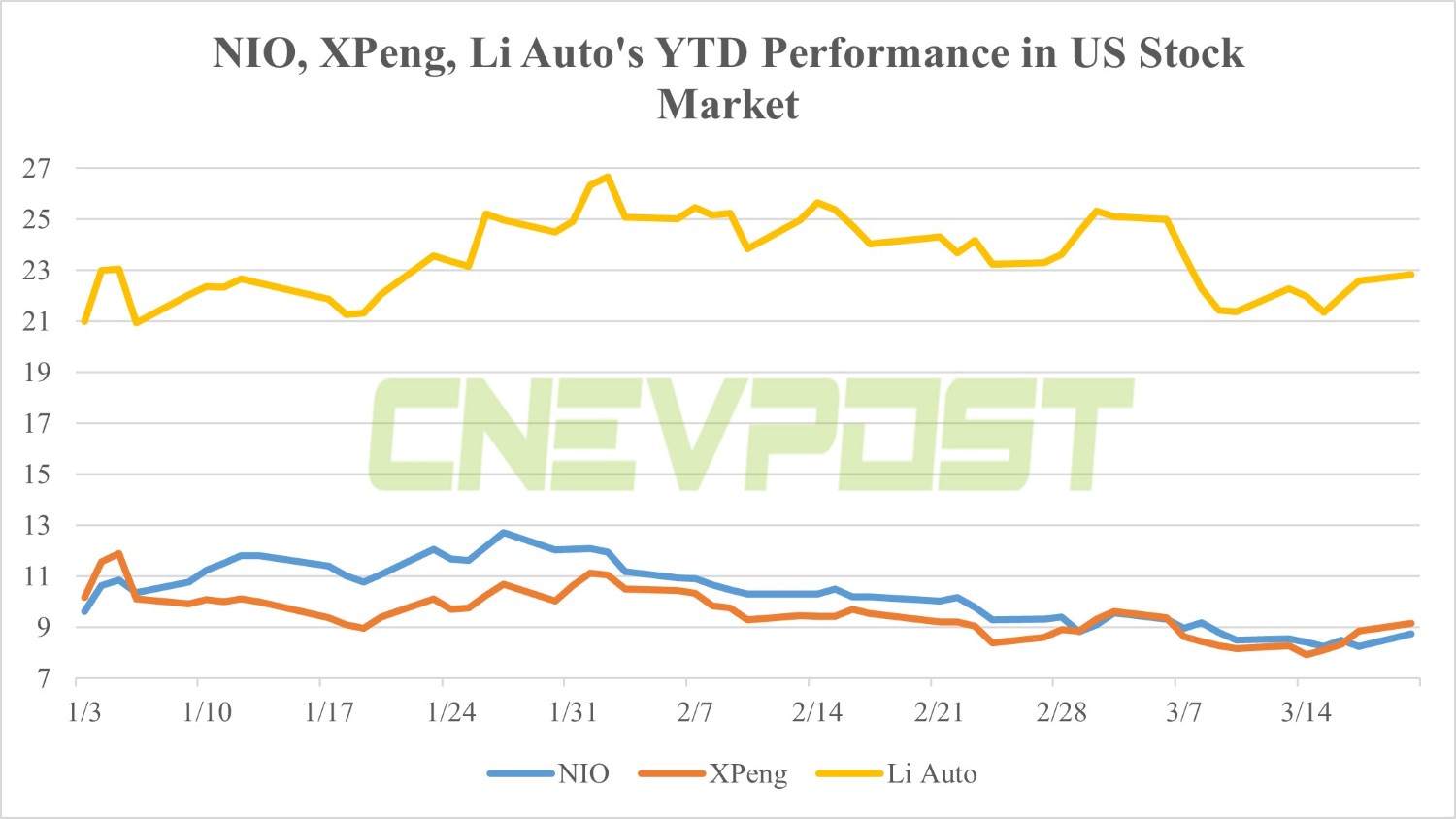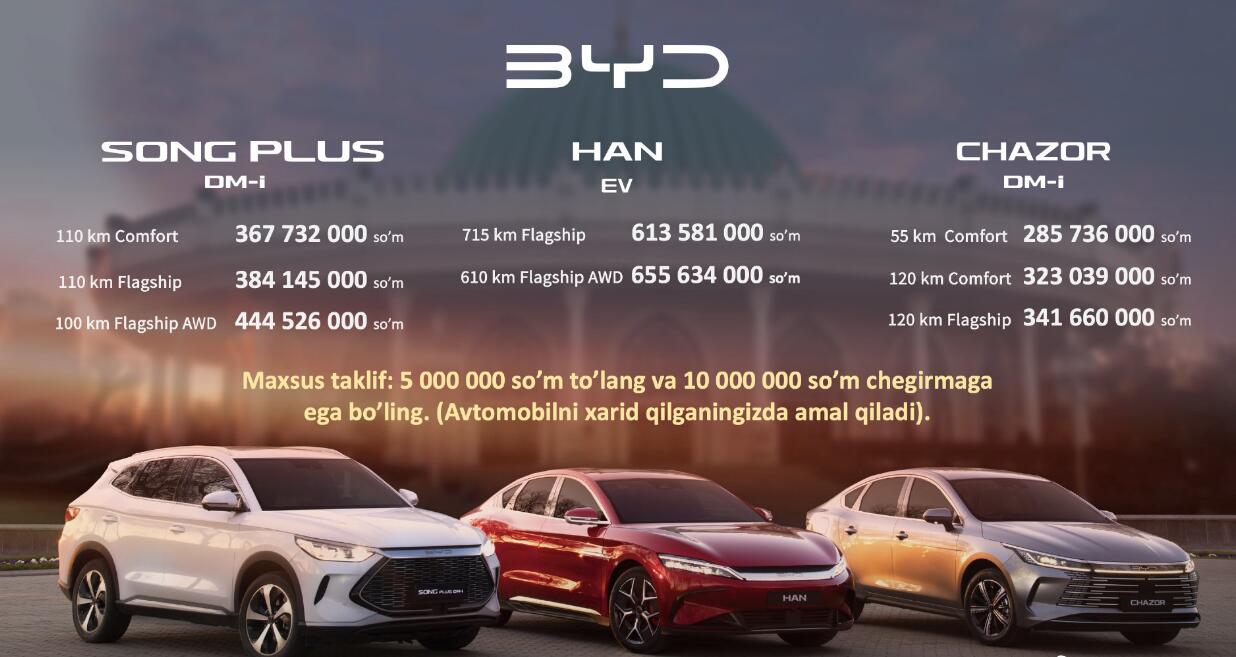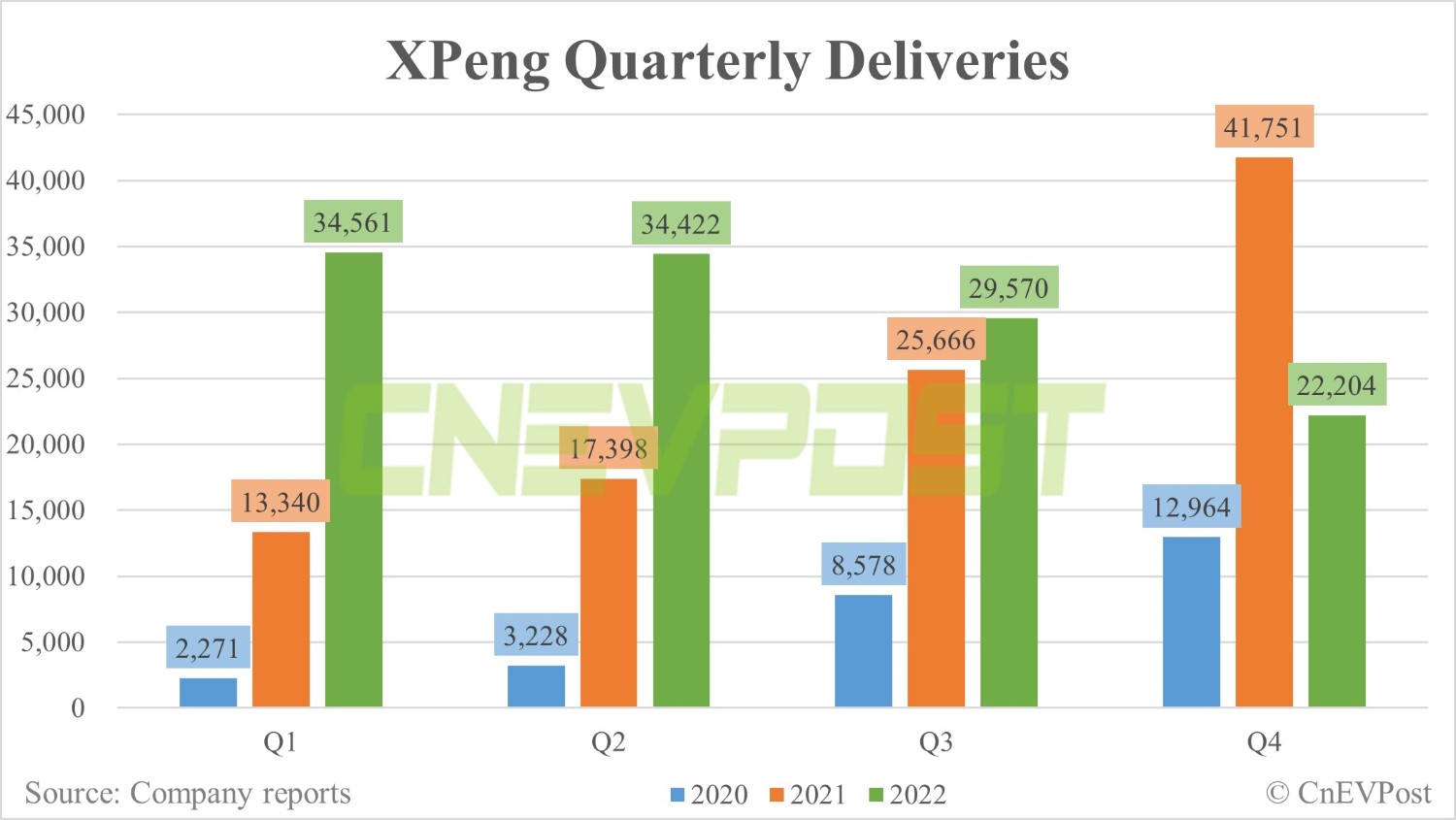Denza will announce the appearance of another SUV N8 in the near future, and Denza D9 MPV will next be sold in other regions including Hong Kong, Macau, Europe.

(Image credit: Denza)
BYD's premium new energy vehicle (NEV) brand Denza began intensive warm-up for the Denza N7 SUV earlier this month, and now an executive has expressed optimism for the model's future sales performance.
Denza N7 has inspired much enthusiasm, and with the announcement of Denza's partnership with French high-end audio brand Devialet on March 22, there were many customers inquiring every day, Zhao Changjiang, general manager of Denza's sales division, said on Weibo yesterday.
Many people want to get the Denza N7 launched as soon as possible, and according to the inquiry volume data, the model is expected to get 30,000 orders before its launch in the middle of the year, Zhao said.
Zhao said in February that the Denza N7 would be released in the first half of this year.
On March 6, Denza unveiled official exterior images of the Denza N7 on Weibo, showing that the model restores much of the design of the brand's concept car INCEPTION, which was unveiled at the Chengdu auto show on August 26, 2022.
On March 9, the Denza N7 appeared in a regulatory filing list, and its key specifications were revealed.
The Denza N7 has a length, width and height of 4,860 mm, 1,935 mm and 1,602 mm respectively, and a wheelbase of 2,940 mm, according to the filing.
The model will be available in a single-motor version as well as a dual-motor version, with the former having a peak motor power of 230 kW and the latter having an additional motor with a peak power of 160 kW.
On December 20 last year, Zhao shared six spy photos of the SUV on Weibo, showing what the model might look like.
In the comments section of that Weibo, Zhao said the SUV aims to capture the market for traditional internal combustion engine cars priced around 400,000 yuan ($58,140).
In addition to mentioning his expectation of orders for the Denza N7 before its launch, Zhao also mentioned on Weibo yesterday that Denza will announce the look of another SUV, the N8, in the near future.
The Denza D9 has already been shown at the Thailand motor show and the MPV will be sold next in other regions including Hong Kong, Macau, and Europe for RMB 600,000-1 million, he said.
($1 = RMB 6.8801)
Regulatory filing: Here are core specs for BYD's Denza brand's new SUV, Denza N7
The post Denza N7 expected to get over 30,000 orders before mid-year launch, exec says appeared first on CnEVPost.
For more articles, please visit CnEVPost.













